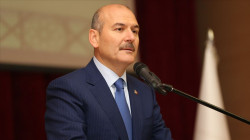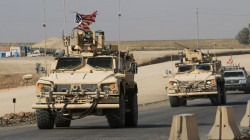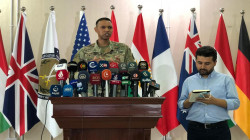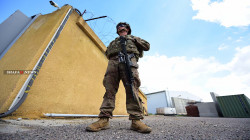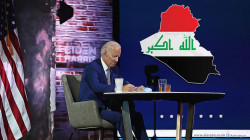US writer: Trump may support transitional government in Syria
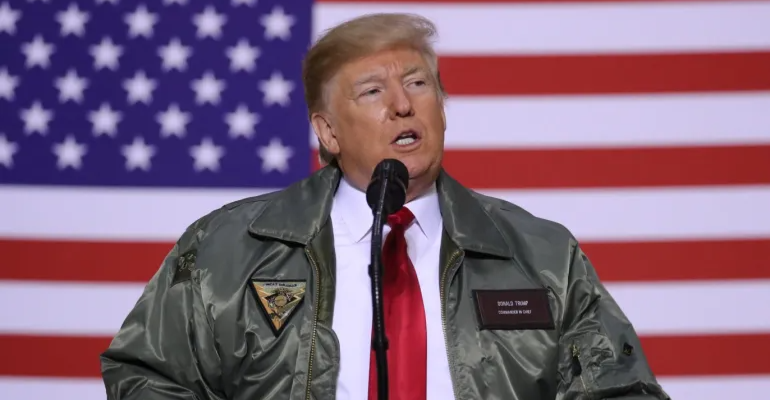
Shafaq News/ US researcher and author Michael O'Hanlon suggested, on Sunday,
that US President-elect Donald Trump may push for the establishment of a
transitional government in Syria, warning against "rushing to hold
elections."
In an article published on the The Hill website, O'Hanlon, who is the
Director of Research at the Foreign Policy Program at the Brookings
Institution, stated, "Achieving stability in a country that has just
emerged from a dictatorship and a brutal war is not easy."
O'Hanlon argued that the main priorities of voters in any future Syrian
election would likely revolve around supporting a party that aligns with their
sectarian and ethnic identity to ensure their survival.
He compared this scenario to Iraq following the US invasion, emphasizing
that for elections to be successful, the security situation must be stable, as
voting for most people "is more than just a means to ensure the protection
of their families and communities."
The writer noted that political parties need time to define their platforms
and visions for managing the country, "where they should be voted for
based on what they can offer to Syrian society, not just on their sectarian
identity."
O'Hanlon's views sharply contrast with the rhetoric often heard from US
officials discussing strategies for engaging with the new Syrian administration
that ousted the former President Bashar Al-Assad.
Many have called for early elections in Syria to demonstrate that the new
leadership is open to the participation of all sects in shaping the country's
future.
He suggested that the US under Trump could work with its allies to encourage
the Syrian transitional government to form an inclusive government that
protects the rights of individuals and minorities, "instead of rushing
into elections that could tear the country apart."
The author emphasized that electoral integrity alone does not guarantee
democracy, as true democracy requires checks and balances that apply to all
branches of power or ruling parties, along with a robust legal system to
protect individual rights.
He argued that "developing a well-structured, multi-year plan for
Syria’s transition to democratic governance is the wisest, most realistic, and
most effective option," urging countries to push the new leadership in
Syria in that direction.
The Iraqi Experience
The author brought up the post US invasion of Iraq situation as an example
of the dangers due to rushing into elections, stating that US President George
W. Bush had asked Ambassador Paul Bremer to lead Iraq for a year after the
invasion, then establish an Iraqi Governing Council and hold three rounds of
elections.
O'Hanlon believes that "these tensions led to the formation of a
democratic but ineffective government in 2006, particularly with the continued
conflicts across the country."
He argued that the Iraqi experience does not imply that a future Syria should become an authoritarian state governed by one individual or party, but rather highlights the "need for caution in the pace of democratic transition."

